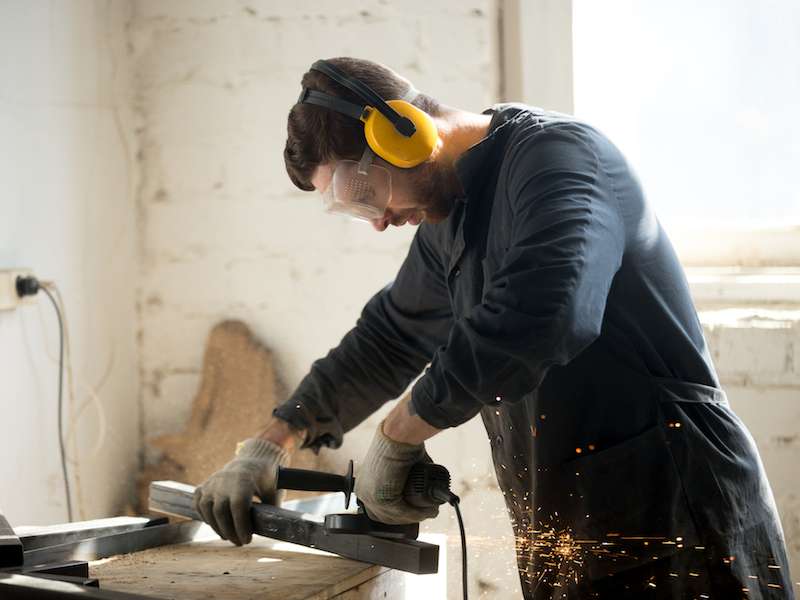
What hinders your hearing protection from working correctly? Here are 3 things to watch for.
Whether you’re at home or at work, sometimes you come across something that can interfere with the performance of your ear protection. And that can be discouraging. After all, you’re trying to do what you’re supposed to do! When you go to a concert, you wear your earplugs; At work, you use earmuffs every day; and you do your best to steer clear of Uncle Joe who is constantly yelling in your ear.
Here’s the point, when you’re doing everything right but you’re still having problems, it can be aggravating. Luckily, you can take a few measures to protect yourself once you learn what types of things can interfere with the performance of your hearing protection. And that can ensure that your ear protection works at peak effectiveness even when there’s a bump in the road.
1. Using The Wrong Type of Ear Protection
There are two useful and basic categories of ear protection: earplugs and earmuffs. As the names may imply, earplugs are small and can be pushed directly into the ear canal. Earmuffs are like big headphones with no sound (instead, they, you know, protect your hearing).
- Earplugs are recommended when you’re in a setting where the sound is relatively constant.
- Earmuffs are recommended in instances where loud sounds are more intermittent.
The reasons for that are fairly obvious: you’ll want to remove your ear protection when it’s quiet, and that’s less difficult to do with earmuffs than earplugs. Earplugs take a little more work to put in and are easy to lose track of so you may find yourself needing to replace lost plugs when you really need them.
You will be fine if you wear the correct protection in the appropriate scenario.
2. Your Anatomy Can Impact Your Ear Protection
Human anatomy is amazingly varied. That’s why your vocal cords are more normal sized compared to old Uncle Joe’s larger vocal cords. It’s also why your ear canal may be smaller than the average individual’s.
This can cause problems with your ear protection. Disposable hearing protection is often a one size fits all mentality, or at best, a small, medium, large scenario. So, perhaps you give up in frustration because you have small ear canals, and you quit using any ear protection.
This can leave you open to risk, undermining the hearing protection you were attempting to give yourself. The same thing can occur if, for example, your ears are on the larger size, making earmuff style protectors uncomfortable. If you spend a lot of time in noisy environments, it might be worth investing in custom ear protection customized to your ears.
3. Examine Your Hearing Protection For Signs of Wear
If you’re using your hearing protection daily, you should give yourself a gold star. But day-to-day use will cause wear and tear to your hearing protection which you need to keep close track of.
- If you use earmuffs, check the band. When the elastic is worn out and the band is no longer holding the earmuffs snug, it’s time to switch out the band.
- Your hearing protection needs to be kept clean. Ears aren’t exactly the cleanest part of your body (ear wax serves a practical purpose and all, but it’s still kind of… gross). Just make certain that you wash properly; if you’re washing an earmuff set, take the earmuffs apart. If you’re rinsing earplugs, don’t drop them into the drain.
- When they lose their flexibility, replace the cushions on your earmuffs.
If you want to get the greatest possible benefit, you need to perform regular maintenance on your hearing protection. If you have any questions or how to do that, or how to make sure you’re prepared for things that can hinder your hearing protection, it’s a good idea to have a candid conversation with a highly qualified hearing professional.
Your hearing is vital. Taking the time to protect it properly is worthwhile.